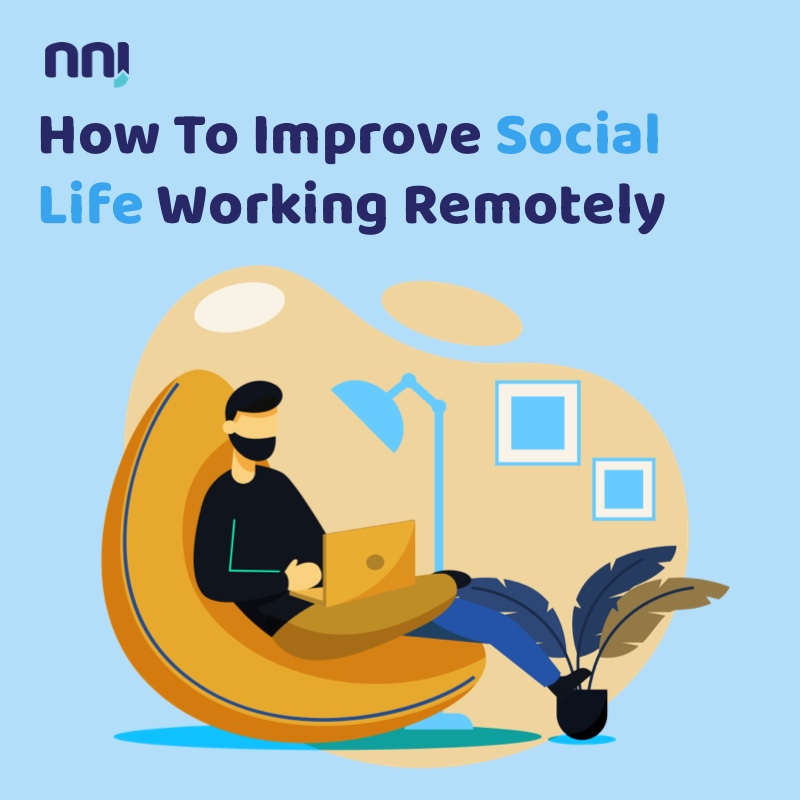Adapting to the remote work environment has undoubtedly transformed the way we operate professionally, but it has also presented us with new opportunities to enhance our social connections and well-being. Here are some strategies to improve social life while working remotely:
1. Foster Virtual Communities: Create opportunities for team bonding and camaraderie through virtual social gatherings, such as virtual coffee breaks, happy hours, or team-building activities. These initiatives can help maintain a sense of connection and camaraderie, essential for a healthy work environment.
2. Leverage Communication Tools: Make the most of communication and collaboration tools to stay connected with colleagues. Utilize video conferencing for face-to-face interactions, instant messaging for quick exchanges, and team collaboration platforms to foster ongoing communication and engagement.
3. Encourage Open Communication: Cultivate an environment where open dialogue and feedback are encouraged. By creating a culture of transparency and openness, remote teams can feel more connected, supported, and empowered to share their thoughts and experiences.
4. Embrace Flexibility: Recognize that remote work offers the flexibility to accommodate diverse schedules and personal commitments. By embracing this flexibility, employees can find a better balance between work and personal life, leading to increased well-being and improved social connections.
5. Prioritize Mental Health and Well-being: Support initiatives that prioritize mental health and well-being within remote teams. Providing resources, guidance, and promoting self-care practices can contribute to a healthier and more connected remote work environment.
6. Celebrate Achievements and Milestones: Acknowledge and celebrate accomplishments, birthdays, work anniversaries, and milestones virtually. Recognizing these moments fosters a sense of inclusivity and appreciation, contributing to a strong sense of community within remote teams.
7. Encourage Informal Interactions: Emphasize the importance of informal interactions by creating virtual spaces for water cooler chats, lunchtime hangouts, or shared interest groups. These informal touchpoints can help replicate the spontaneous interactions that occur in traditional office environments.
It’s essential to recognize that maintaining social connections is a vital component of remote work success. By implementing these strategies, we can enrich our remote work experiences, nurture a strong sense of community, and support the well-being of our remote teams.




